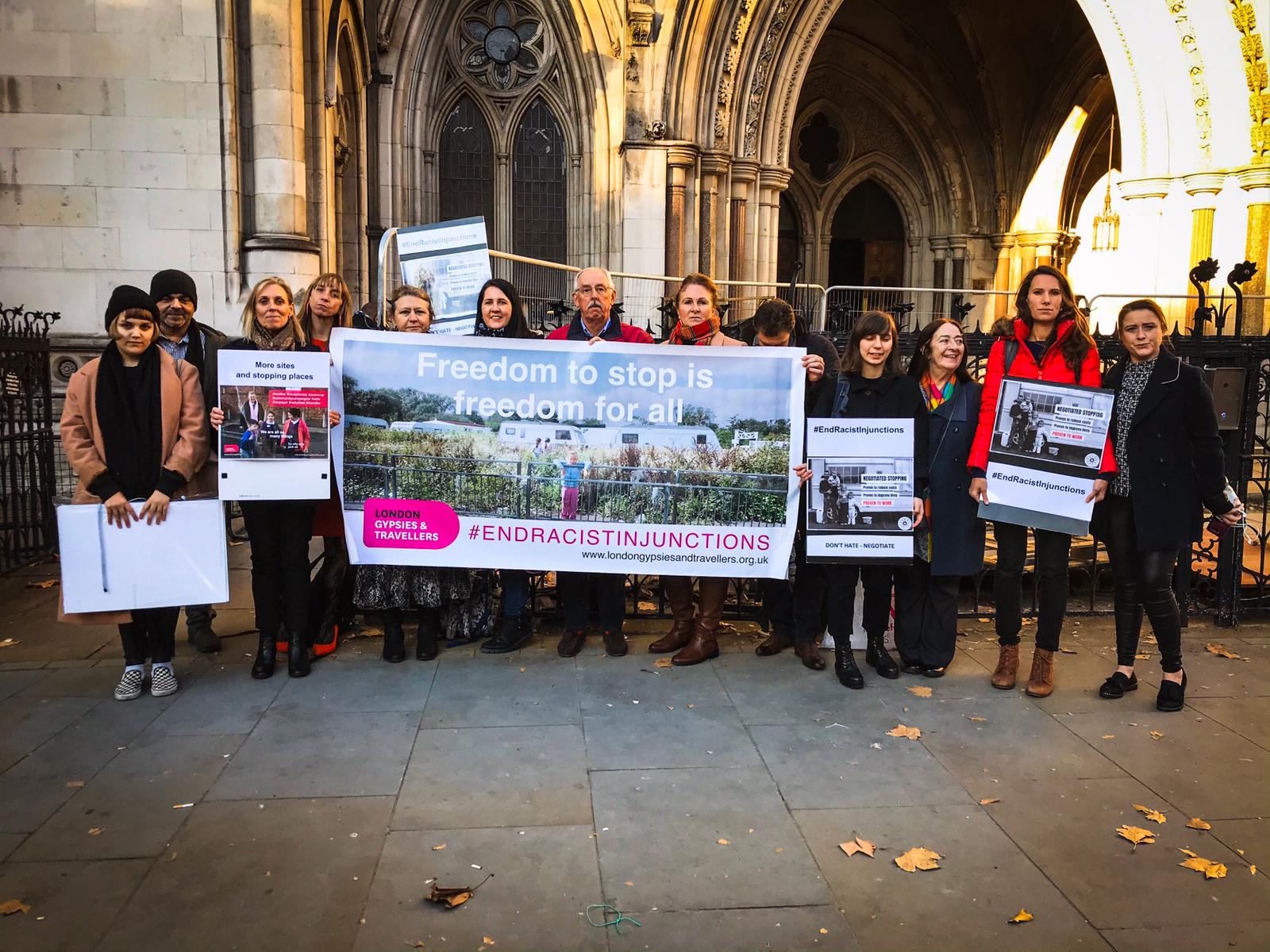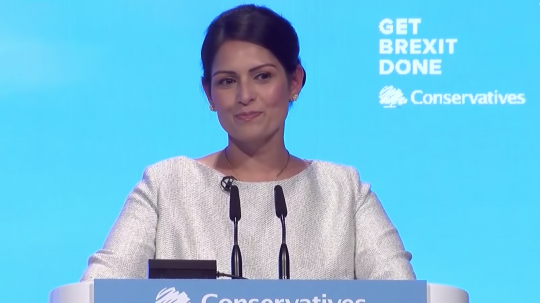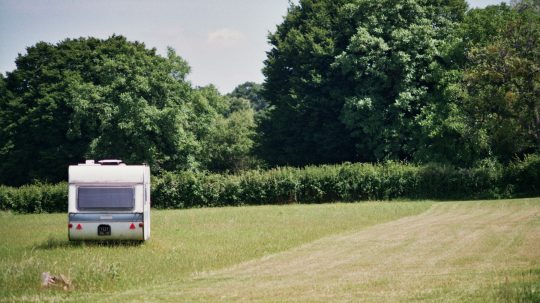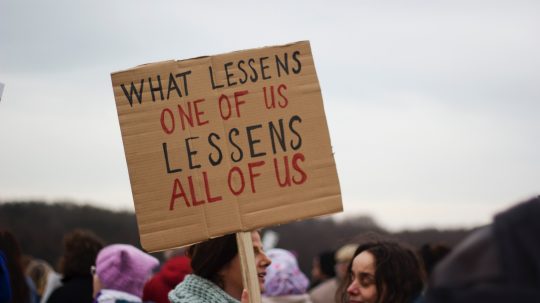Local authorities who attempt to ban Travellers and Gypsies from vast swathes of public land risk breaching their “enshrined freedom” to roam the country, a court has ruled.
The Court of Appeal on Tuesday (21 January) refused to grant Bromley Council a five-year injunction banning “persons unknown” from camping on open spaces and car parks across the borough.
Anyone found breaching such an injunction could be fined, imprisoned or have their property seized.
Human rights group Liberty, who intervened in the case, have hailed the decision as a “massive victory for Gypsy, Roma and Traveller communities in the face of increasing hostility from local and national governments”.
While campaign group London Gypsies and Travellers (LGT) have said that the court’s landmark judgment “advances the recognition and protection of the nomadic way of life in the UK”.
The decision is likely to have major implications as at least 34 local authorities in England have taken out similar injunctions in the past two years alone.
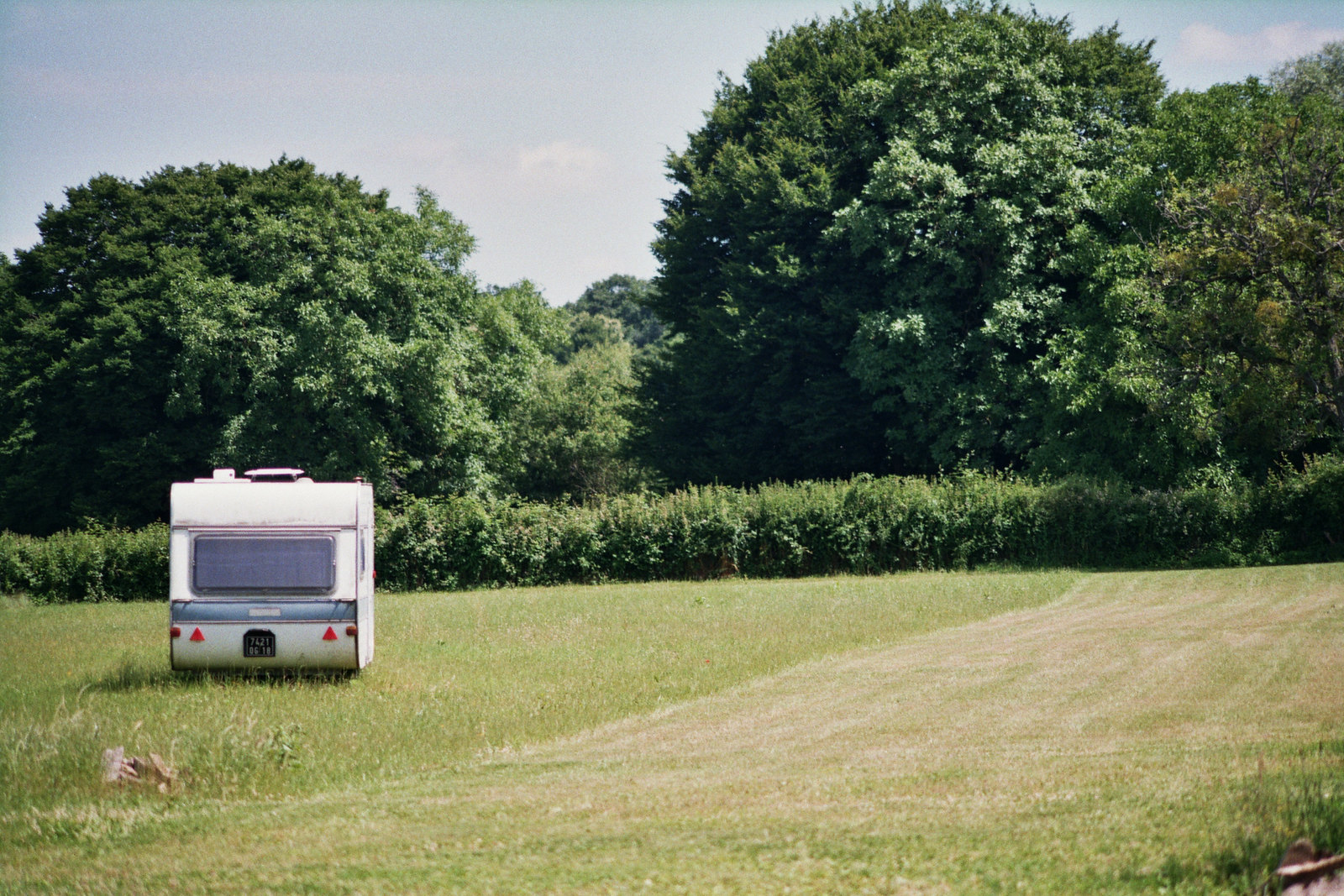
A caravan in a field. Image Credit: Tom Hodgkins / Flickr.
The case dates back to 2018 when Bromley Council first applied to the High Court for a borough-wide injunction banning unauthorised encampments on 117 parcels of public land.
LGT, represented by human rights barrister Marc Willers, won its challenge against this injunction in May last year.
It argued that the injunctions breach the 2010 Equality Act by disproportionately discriminating against Gypsies and Travellers.
This law places a duty on public authorities, such as councils, to eliminate unlawful discrimination, harassment or victimisation of any groups based on protected characteristics.
Deputy High Court Judge Leigh-Ann Mulcahy QC found that the council had not taken account of the rights, needs and welfare of Gypsies and Travellers – especially the best interests of children – and nor had it considered alternative, less discriminatory solutions to the shortage of authorised sites.
She instead issued a more limited injunction banning fly-tipping and dumping.
In December last year, Bromley Council took its case to the Court of Appeal with the backing of seven other councils in London and Essex.
It argued that the Mulcahy “erred” on several points of law – including that the council had failed to meet the its duty under the Equality Act.
In 33-page ruling, Lord Justice Coulson dismissed this appeal, saying that the council had “failed to find any error of principle in the judge’s reasoning”.
The judgement added: “It must be recognised that the cases referred to above make plain that the Gypsy and Traveller community have an enshrined freedom not to stay in one place but to move from one place to another.
“An injunction which prevents them from stopping at all in a defined part of the UK comprises a potential breach of both the ECHR and the Equality Act.”
However he acknowledged that there are some circumstances when such an injunction could potentially be granted and offered some guidance to councils on how to deal with this “plainly pressing issue”.
This includes ensuring that councils carry out “proper engagement” with Gypsy and Traveller communities and provide evidence that there is suitable alternative housing or transit sites.
“This is necessary if the nomadic lifestyle of the Gypsy and Traveller community is to have effective protection under article 8 and the Equality Act,” he said.
Commenting on the result, LGT’s CEO Debbie Kennett said: “The judgment sets a high standard for councils seeking injunctions and stresses the need to put in place adequate and safe provision.
“We are keen to work with councils to explore alternatives to evictions and injunctions, such as negotiated stopping.”
Bromley Council has said that is does not intend to appeal to the Supreme Court.
Councillor Kate Lymer, executive councillor for public protection and enforcement said: “Nobody is above the law – there should be no doubt that the council will continue to protect all its parks and green spaces using the range of legal measures available to it.
“The injunction prohibiting the depositing of waste remains in place. We note the court’s decision and will need to take time to reflect on the implications of the judgement in the coming days.”

